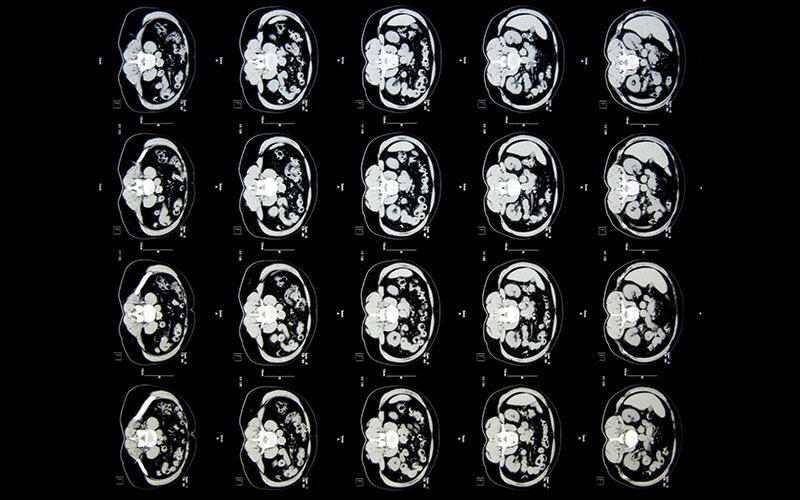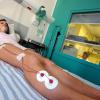UK scientists have identified a new way to kill pancreatic cancer cells by “pulling the plug” on the energy generator that fuels calcium pumps on their cell surface.

They report how switching off the cancer’s energy supply causes the pancreatic cancer cells to become “poisoned” by an irreversible build-up of calcium.
Calcium inside cells is normally beneficial as it controls numerous cell functions. However, calcium levels are tightly controlled and normally kept at very low levels, as prolonged elevations in calcium lead to cell death.
This tight control is achieved by calcium pumps on the cell surface that use chemical energy to pump calcium out of the cell.
The scientists discovered that switching off the cancer cells’ energy supply causes these pumps to fail and calcium to rise, effectively poisoning the cell.
Image credit | iStock



